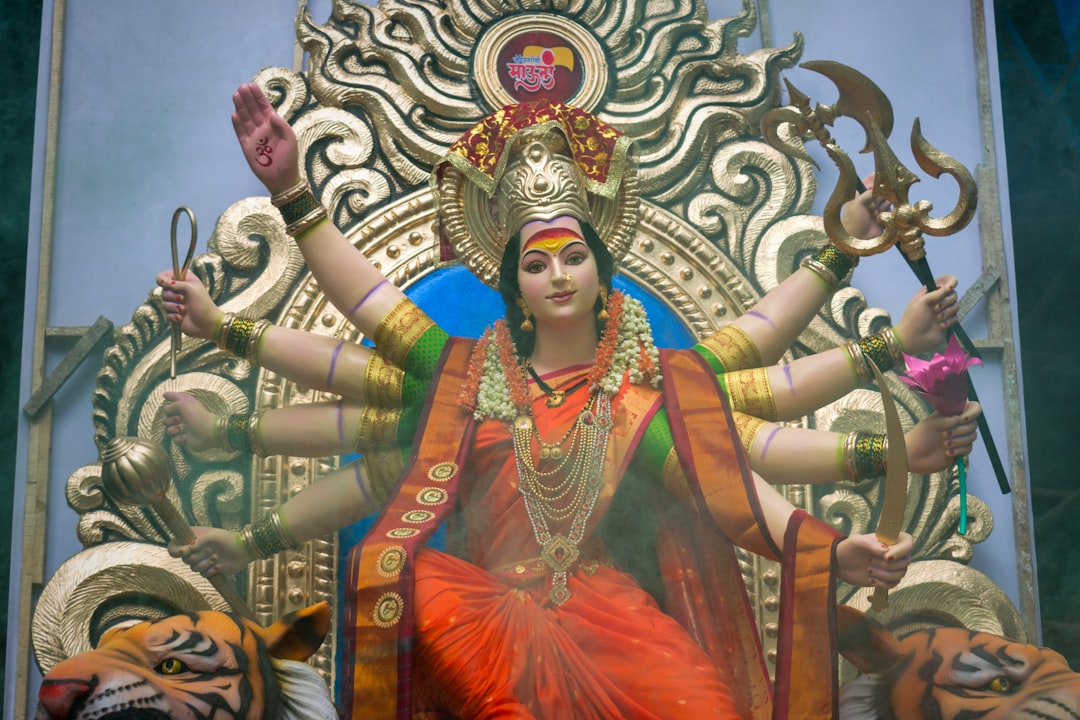Cultural diversity is one of the most fascinating aspects of our world. It encompasses the beliefs, customs, languages, art, and social institutions of various groups of people. Each culture is unique and brings something special to the global tapestry of human civilization. From the vibrant colors of Indian festivals to the intricate beauty of Japanese tea ceremonies, from the rhythmic beats of African drumming to the graceful movements of Brazilian capoeira, cultural traditions around the world are as diverse as they are enchanting.
One of the most striking aspects of cultural diversity is the way in which it reflects the history, geography, and values of a particular group of people. For example, the nomadic lifestyle of the Mongolian herders is reflected in their traditional music and dance, which often incorporate elements of horseback riding and archery. Likewise, the intricate carvings of Maori art in New Zealand are inspired by the natural world and the spiritual beliefs of the indigenous people. By exploring these cultural traditions, we gain a deeper understanding of the people who practice them and the environments in which they live.
Cultural traditions are also a way for people to express their identities and connect with their heritage. In many cultures, rituals and ceremonies play a crucial role in marking important life events such as birth, coming of age, marriage, and death. These rituals often involve symbolic gestures, traditional attire, and special foods that are deeply meaningful to the participants. For example, the Hindu festival of Diwali is celebrated with colorful lights, fireworks, and delicious sweets to symbolize the victory of light over darkness and good over evil. Similarly, the Day of the Dead in Mexico is a time for families to honor their deceased loved ones with altars, music, and offerings of food and drink.
Cultural traditions are not static – they are constantly evolving and adapting to changing circumstances. As the world becomes more interconnected through globalization and technology, traditional practices are often fused with modern influences to create new forms of expression. For example, the art of hip hop, which originated in African American communities in the United States, has spread to cultures around the world and been adapted to reflect local contexts and issues. Similarly, fusion cuisine, which combines elements of different culinary traditions, has become a popular trend in the food industry, leading to the creation of innovative and delicious dishes.
In conclusion, cultural traditions are a vital part of our shared human experience, enriching our lives and expanding our horizons. By exploring and celebrating the diversity of cultural practices from around the world, we can gain a deeper appreciation for the beauty and complexity of the human spirit. Let us embrace the richness of cultural traditions and continue to learn from each other, so that we may create a more harmonious and inclusive global community.





